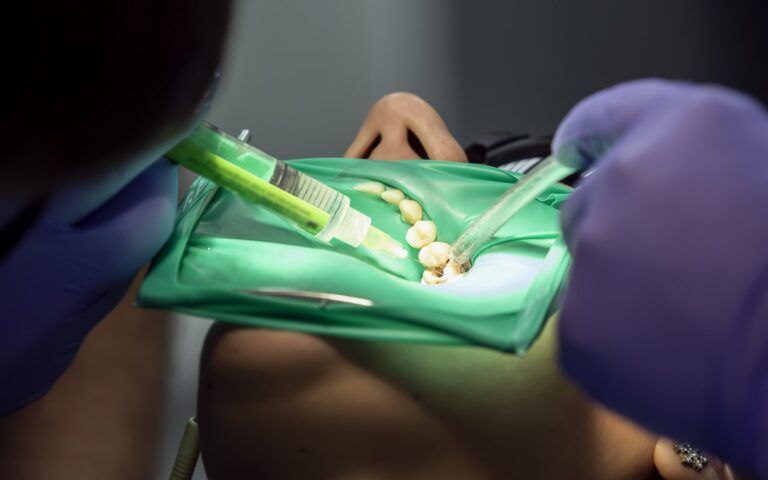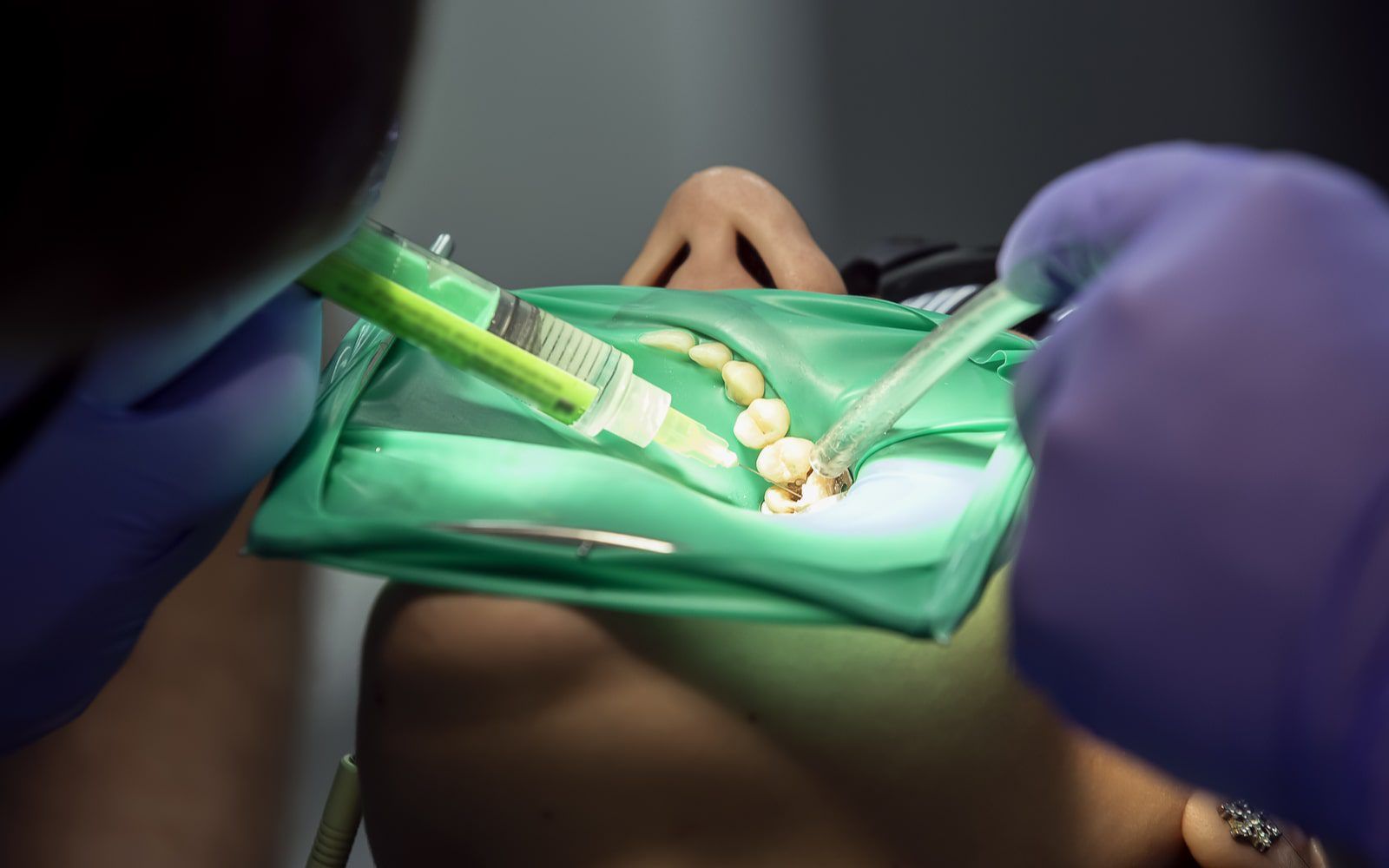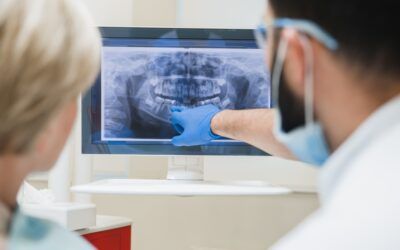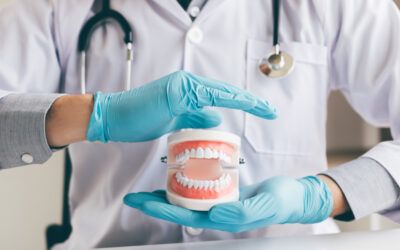Oral cancer is a serious condition that affects the lips, tongue, cheeks, floor of the mouth, and...
The Types of Facial Injuries Your Oral Surgeon Can Correct


When deciding on which dentist to see, facial injuries and other types of trauma typically require the expertise of an emergency dentist or orthodontist, but did you also know that your oral surgeon can also help with facial injuries? Oral surgeons handle many complex tooth cases, including tooth fractures, dislocated teeth, and impacted teeth. But oral surgeons can handle more than just oral health problems. Facial injuries are commonly treated by oral surgeons due to their complex knowledge about facial anatomy and restoring mouth function back to health.
The Types of Facial Injuries Commonly Treated
Oral surgeons specialize in surgical procedures for a variety of conditions related to the face, mouth, and jawline. From complex tooth extractions to reconstructive dental surgery, oral surgeons can specifically work with your facial injuries and help you get back to your original self. If you’re wondering what facial injuries oral surgeons can treat, then here are some of the most common facial injuries that are commonly addressed and treated at the office:
- Jaw Fractures and Joint Problems: Whether from sports activities, car accidents, or accidental falls, jaw fractures and potential jaw joint problems can be resolved at your oral surgeon’s office. Oral surgeons specialize in addressing jaw-related issues that require more extensive surgical treatment.
- Cheekbone Fractures: Also known as zygomatic bone injuries, cheekbone injuries are typically harder to notice at first and can be easy to overlook. However, any facial injuries to these areas can cause functional problems for the mouth and jawbone and can be treated through various surgical methods.
- Orbital Fractures: Fractured eye sockets don’t always have to be treated at an oral surgeon center, but oral surgeons can treat almost any type of facial injury by helping remove potential displacement that will affect the patient’s oral health.
- Nasal Fractures: Our nasal cavities and sinuses play an intricate part in our oral health, and while oral surgery isn’t always ideal for nasal fractures, if the fracture interferes with breathing and mouth movement, then an oral surgeon can treat the issue.
- Soft Tissue Facial Injuries: Lacerations, cuts, and other sources of damage to the soft tissues surrounding the face can be repaired through suturing and stitching and help prevent further complications with your oral health.
- Tooth Fractures and Toothaches: Most of all, oral surgeons help handle complex tooth fractures and other tooth injuries to help increase the chance of survival of the tooth and protect your oral health.
When You Should See Your Oral Surgeon
Facial injuries should not be ignored, as these types of injuries can heal incorrectly, get infected, and cause long-term complications to your oral health. Oral surgeons specialize in reconstructing the oral cavities at a highly advanced scale, and they can help rebuild the structures of your face and restore your smile back to health. For more information about what oral surgeons can provide for you, don’t hesitate to contact your local oral surgeons to see what they’re qualified to treat.





